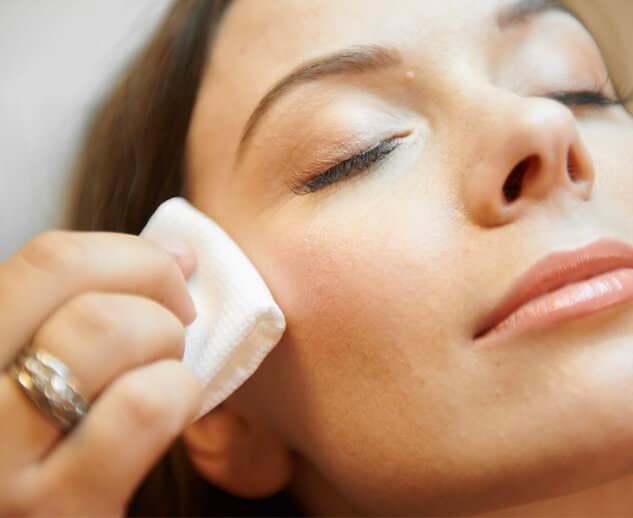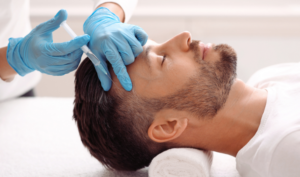Your daily skincare habits can not only help prevent and correct the effects of aging and sun damage, but also prepare your skin for treatments and enhance your skin outcomes.
We connected with Dr. McGillivray, Medical Director of Project Skin MD, for his tips on what, when and how to adjust your skincare routine to complement your medical aesthetic treatments.

1. Establish good daily habits
Dr. McGillivray explains that good skincare habits lay the foundation for how to prepare your skin and optimize the results of your treatments. These include the daily use of sunscreen (minimum SPF 50), vitamin C serum application each morning, and gently cleansing the skin to remove dirt and debris that accumulate throughout the day and while we sleep. Regular use of Retinol, a Vitamin A based product, can make your skin more resilient post-treatment by encouraging collagen production and optimizing repair mechanisms within the skin. It may be recommended to discontinue use of Retinol 1-2 weeks prior to treatment and delay re-introduction until your skin is fully healed afterwards, depending on the nature of the treatment.
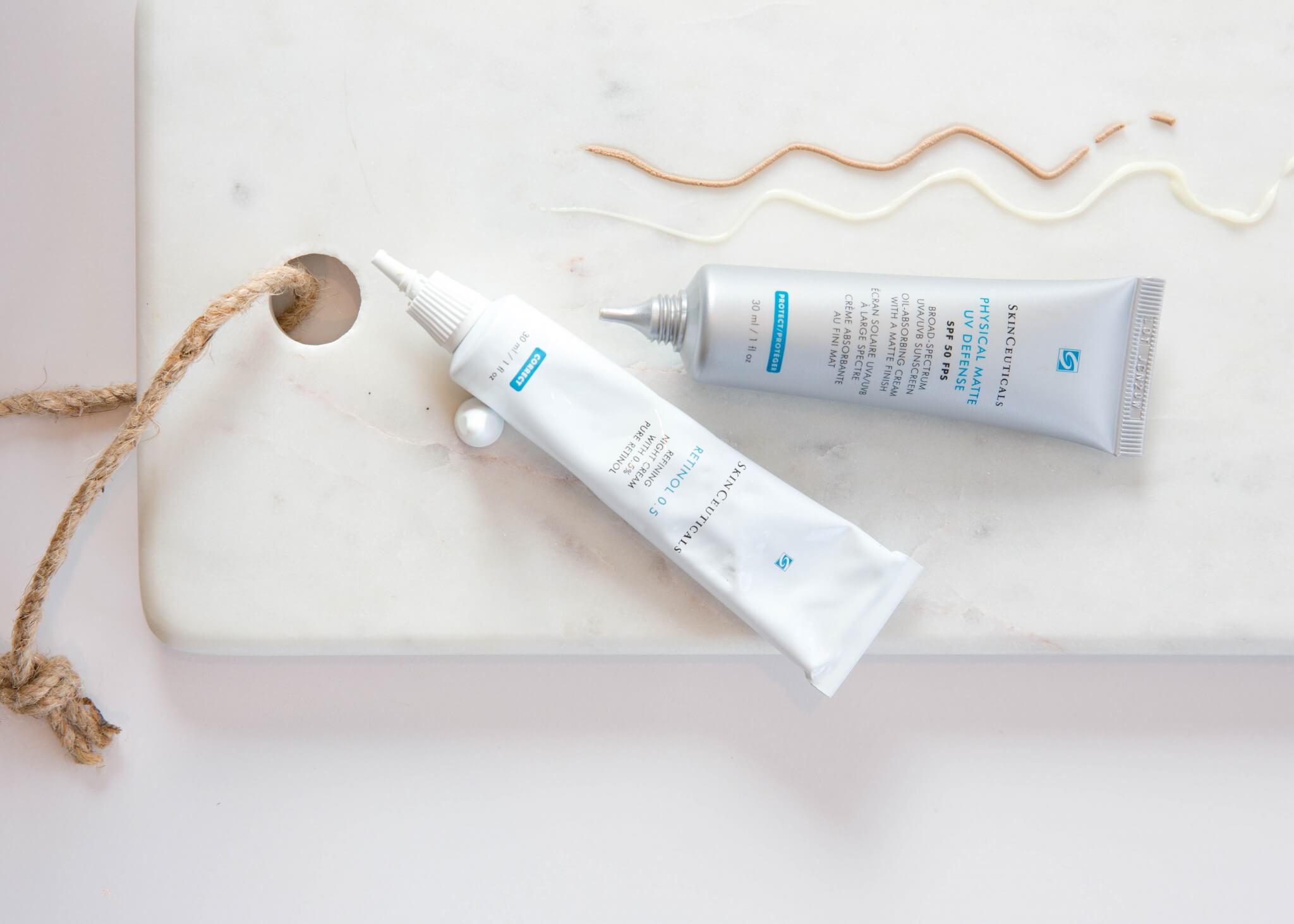
2. Take extra care to protect your skin from the sun and heat
Particularly to prepare for laser or light-based procedures, Dr. McGillivray cautions patients to avoid sun exposure and/or to engage in very solid protection from the sun by using a broad-spectrum sunblock as well as wearing a hat for added protection. After your treatment, avoiding activities that involve excessive heat or trauma to the skin such as high intensity exercise, excessive sweating or waxing is also recommended. Daily use of a vitamin C serum offers additional photoprotection and will aid in skin healing, benefiting your skin both before and after treatment.
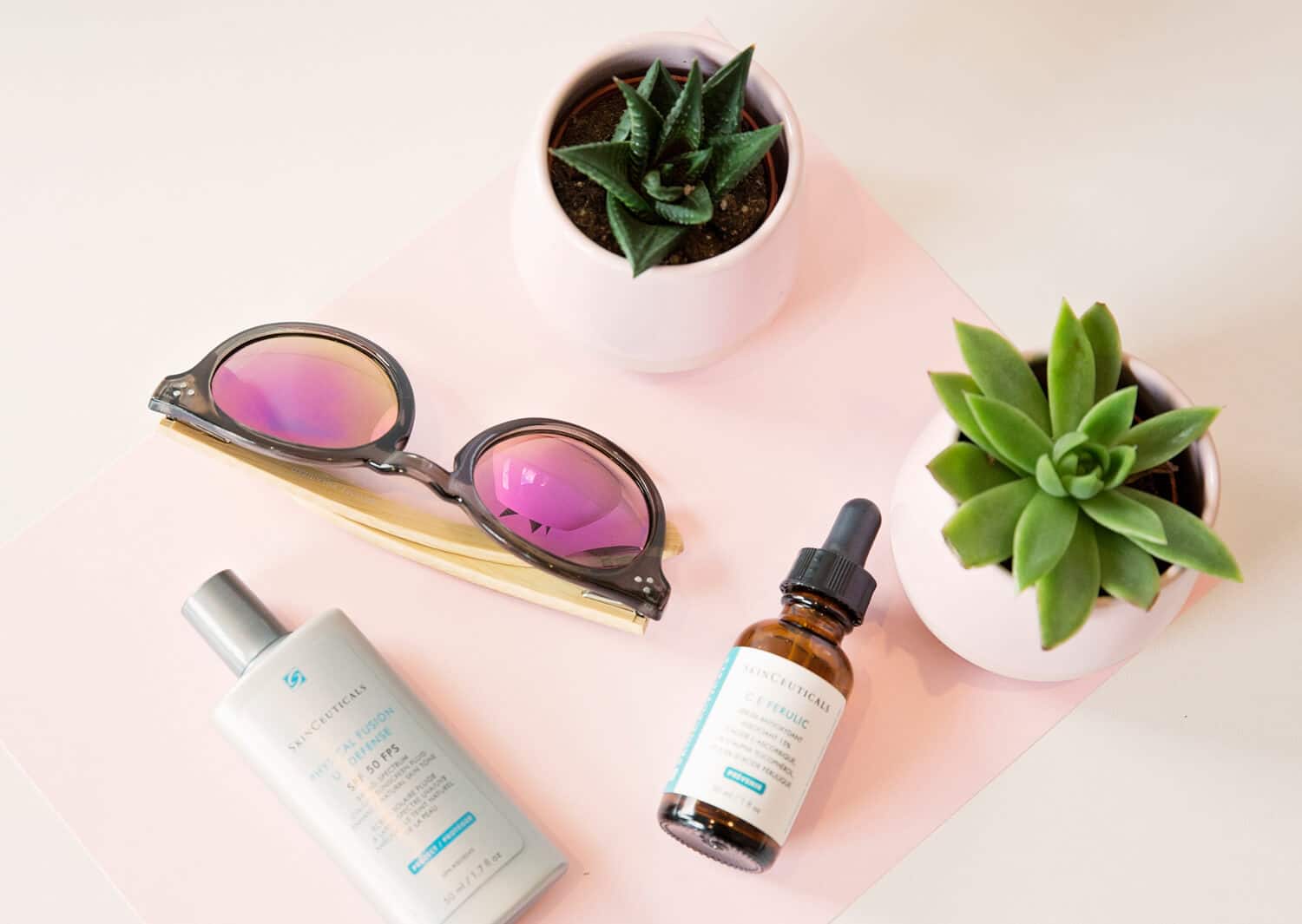
3. Follow the pre and post care instructions for your treatment
With respect to treatments that are minimally or non-invasive such as injectables, Ultherapy® or Thermage®, patients can continue their regular skincare routine without disruption. For laser or light-based treatments on the other hand, patients will need to wait for their skin to heal before reintroducing Retinol or any exfoliating products.
The appropriate changes to make to your skincare regime will be specific to each treatment, which is why it is critical to follow the pre and post care instructions provided. Dr. McGillivray cautions that failure to do so can have detrimental consequences, such as delayed healing, compromised or reversed effects of the treatment.
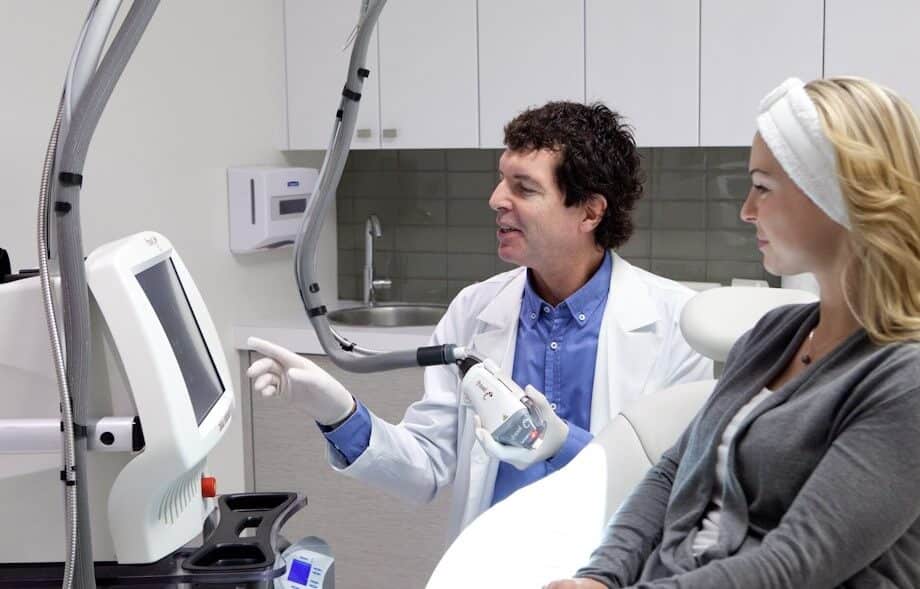
The above photo was taken before the COVID-19 Pandemic. Proper PPE and safety protocols are now in place during treatments.
